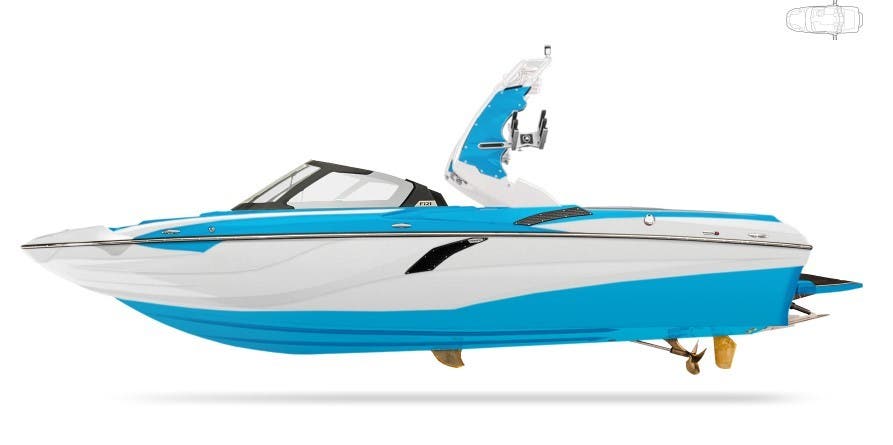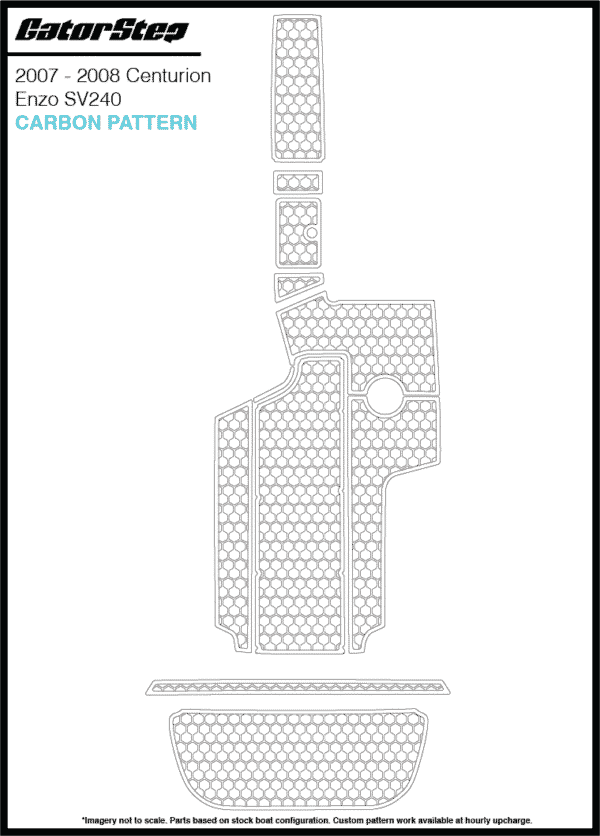
Surge brakes work great and are very reliable. In other words, the more you push on that brake pedal, the more pressure is applied to the hydraulic cylinder making the trailer slow down more. This pushing force applies pressure to a hydraulic cylinder that engages the trailer’s brake mechanism. When you step on the brake pedal on your vehicle, the boat trailers push to the hitch. Basically, they use the trailer’s momentum to apply hydraulic pressure to the brakes and slow down the trailer. The technology behind this kind of brakes is straightforward and works excellent. Hydraulic surge brakes- this is the most common form of boat trailer brakes. These three types work differently, here is a basic explanation of how they work to help you determine which will work best for you. There are basically three types of boat trailer brakes, and they are, hydraulic surge brakes, hydraulic disc brakes and electric over hydraulic brakes. The three types differ in suitability in accordance with your boat’s size, usage, and conditions.

It is important to note that if the flanges are not perfectly aligned in a 90° to the spindle, then the brakes will not be well centered in the brake hub, which will cause issues down the line. These flanges must be straight and perpendicular to the spindle and DIY welding them to the axle is not recommended. Flanges are metal bases with four slots for 10″ brakes and five slots for 12″ brakes. This can be done if the trailer has flanges welded to the axle. If you purchased your trailer and it did not come equipped with brakes, relax you might still be able to add brakes to your trailer. For the most part trailers with two axles or more, come equipped with brakes. Usually, single axle trailers don’t come equipped with brakes from the factory. Not all boat trailers have brakes, it depends greatly on the size of the trailer and the manufacturer. Others demand that all boat trailers have brakes, and some states have virtually no laws with regards to boat trailer brakes.Īs states that require having brakes seem to be in the majority, it is safe to assume that most boat trailers should be equipped with an Independent braking system. As you can see in the table above, the magic formula for most states to require breaks on the trailer is about 3,000 lbs of combined weight. The laws dictating boat trailer brakes may differ from state to state, but the majority of the states are in agreement and require you to have brakes on your trailer. Click here for more detail about specific regulations by state State Use the following table to find out if your boat trailer needs brakes depending on where you live or where you plan on taking your boat and the weight of your trailer and boat combined. There are some safety precautions as well as other information about brakes on your trailer, which will be more easily understood later after reading this article.

However, most experts suggest that they should be installed on trailers 1500 lb or heavier.


So does my boat trailer need brakes? It is recommended in the majority of the states that trailers with a total gross weight of over 3000 lb have to be equipped with an Independent braking system. I did a lot of research and want to share it with you in this article.
Centurion boat trailer guide pads driver#
Been a commercial driver and pulling trailers for a living is how I came to wonder whether or not my boat trailer needs brakes. This way, ensure my safety, the safety of my family’s and fellow boaters as well. As a responsible boater and father, I try to learn and follow all rules and regulations.


 0 kommentar(er)
0 kommentar(er)
